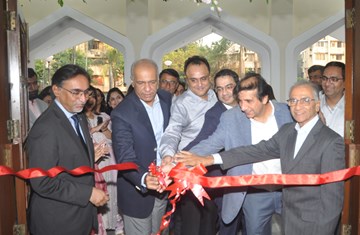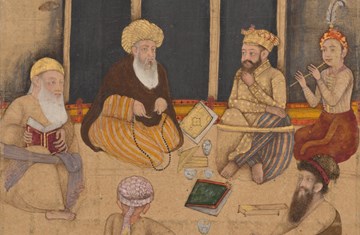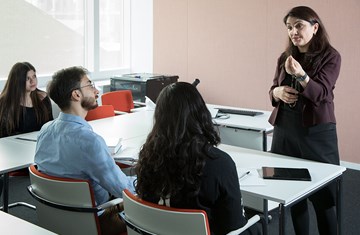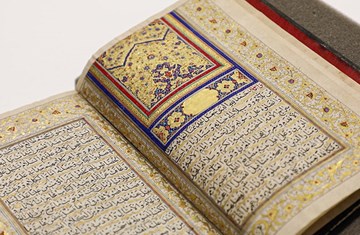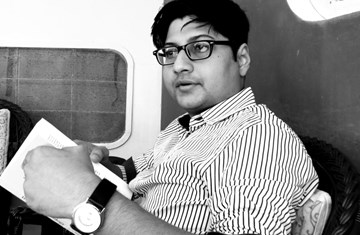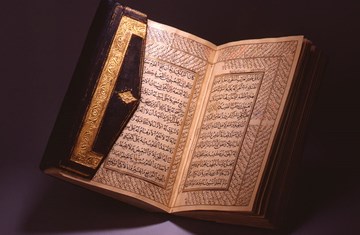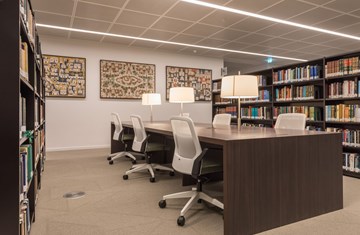IIS Holds Summer Programme on Islam at McGill University
Now in its 6th year, the IIS Summer Programme on Islam was held in Montreal, Canada, for the second consecutive summer, from 11-19 August at McGill University. Thirty-one participants from seven countries contributed to the richness and diversity of the programme’s sessions and seminars.
The Summer Programme introduced participants to a multifaceted understanding of Islam and its Shi‘a Ismaili Tariqah, locating it within the broader intellectual, historical, social and political context of human civilisations. The extensive readings and daily programming challenged participants to consider new perspectives on a range of issues from articulating identity to practice of faith. In the words of one of the participants, Aliaa Remtilla, “It is one thing to sit in an academic setting in the Western world and discuss, with a degree of emotional separation, the existential capabilities of a faith; it is infinitely more challenging and rewarding to sit in a room filled with believers and attempt to negotiate and reconcile knowledge and belief in ways that are different from each other.”
Professor Azim Nanji opened the programme with an overview of the history of Muslim societies through a visual review of select artifacts from the Spirit and Life Exhibition. Dr Alnoor Dhanani’s session entitled “Encountering Islam” provided social and anthropological approaches to appreciating the pluralistic ethos of Muslim societies. This was followed by Dr Shainool Jiwa’s session on “History, Identity and Community”, which discussed the tools of historical thinking and the role, purpose and meaning of history for a faith community. Professor Hanna Kassis took the participants on an insightful inductive discovery of the Holy Qur’an, while Professor Modjtaba Sadria marshalled sociological perspectives in his guided exploration of “Art and Architecture in Muslim Societies”.
Professor Mohamed Arkoun challenged the participants through a critique of modern reason vis-à-vis religious reason. From other distinguished faculty members, participants also learnt about the Prophetic and ‘Alid traditions, notions of worship and practice amongst Muslims, and the Symbolism and Legalism of Islamic Law. Dr Farhad Daftary provided an engaging account of the history of the Ismaili community while Dr Sarfaroz Niyozov created an educational encounter with the Ismailis of Central Asia, which was infused with poetic and literary expressions from Central Asia. In his keynote address, Dr Aziz Esmail formulated the intellectual tools through which participants can engage in understanding and responding to contemporary issues, challenges and opportunities that face the Muslim world and develop authentic and purposive responses to them.
The Institute of Islamic Studies at McGill University hosted the participants in their distinctive library, which was founded by Professor Wilfred Cantwell Smith in 1952 and houses collections of rare manuscripts relevant to Muslim history and thought. Participants were given the unique opportunity to view a special display of the Institute’s artifacts and texts which was facilitated and narrated by Dr Adam Gacek. Professor Wisnovsky, the Institute’s Director, also gave a talk on new trends in the study of Islam’s rationalistic traditions.
Salima Kassam, an educationist working with ITREB Canada, shared her reflections on the programme in the following words: “The lecturers, the readings, and the opportunity for group work created an environment in which notions of Islam, whether historical or cultural, were brought forward, dissected and discussed in a broad forum to further develop perspectives. This enabled the participants to feel stronger in their ability to articulate their understanding of the faith and then, directly linked to that, their identity. This is an ideal foundational programme in understanding Islam and it provides the stepping stones for further personal, life-long learning, once the 10 days are completed.”


